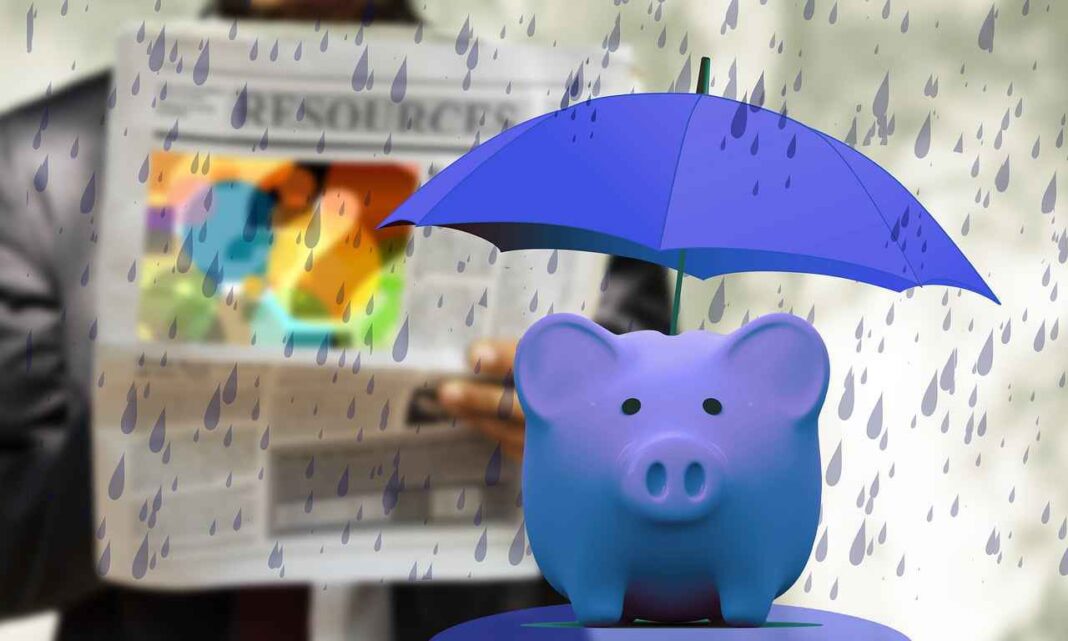Cyprus has sent a clear message to the world: trusting governments with your money can be a risky move. Just picture this: after diligently saving $100,000 over a decade, you wake up to find only $93,250 left in your account. Or worse, you’re about to retire with a cool million stashed away, only to be told you owe the government $99,000 of it due to a hefty tax imposed to secure an EU bailout.
The Cyprus president negotiated a deal: a 6.75% tax on deposits under €100,000 and a steeper 9.9% on anything above. This move shattered trust in government credibility. Instead of targeting spenders, the government asked savers to foot the bill. This kind of policy creates moral hazard; why save when spendthrifts get bailed out by responsible citizens?
Media frenzy ensued, with images of panicked bank runs spreading panic to anyone near a TV or internet connection. Citizens in other struggling EU countries like Portugal, Italy, and Greece feared similar fates, prompting cash withdrawals that further strained their economies.
Financial ripples were felt globally; stock markets faced sell-offs as equity risk premiums surged, affecting returns, corporate confidence, and hiring.
In America, where big government is a fixture, resistance seems futile. Middle-class boundaries are rigid; straying risks being crushed by the majority’s tax burden and societal shame. Yet, as Cyprus shows, even supporters of big government may find themselves betrayed.
The lesson for everyday Americans is clear: don’t rely solely on pre-tax retirement plans like 401(k)s or IRAs. Diversify your savings beyond the FDIC-insured $250,000 per person per bank. Spread your money around; it’s safer than ever.
Cyprus also questions the sanctity of the FDIC’s deposit guarantee; if cash isn’t safe, what is? Banks are crucial to the economy, facilitating borrowing and lending. A bank run collapses this system since most deposits are already lent out.
Diversifying into tangible assets like real estate or precious metals becomes vital. Such assets offer cash flow and utility, unlike stocks which are risky in excess.
While bad policies like Cyprus’ may initially seem unstoppable, public backlash can force reconsideration. Vigilance and adaptability are key; join segments where government largesse benefits you or risk being left behind.
Ultimately, the Cyprus crisis warns against trusting governments blindly with your wealth. Stay diversified, stay cautious, and always be prepared for the unexpected.










































